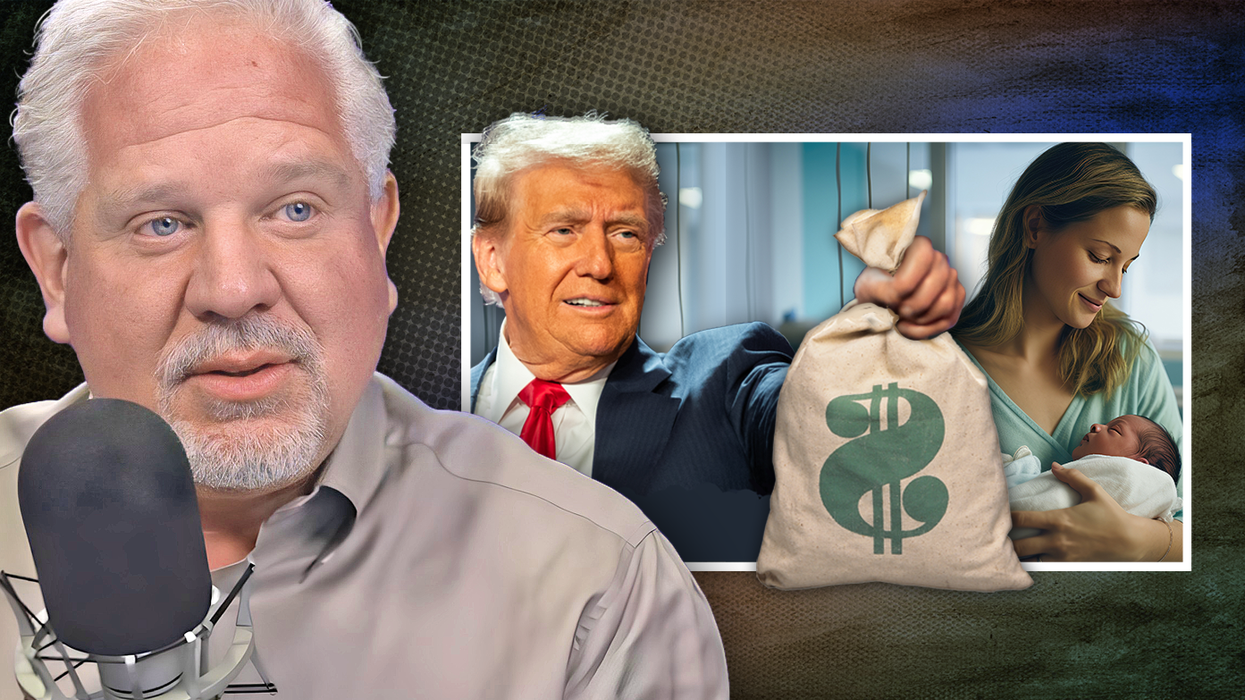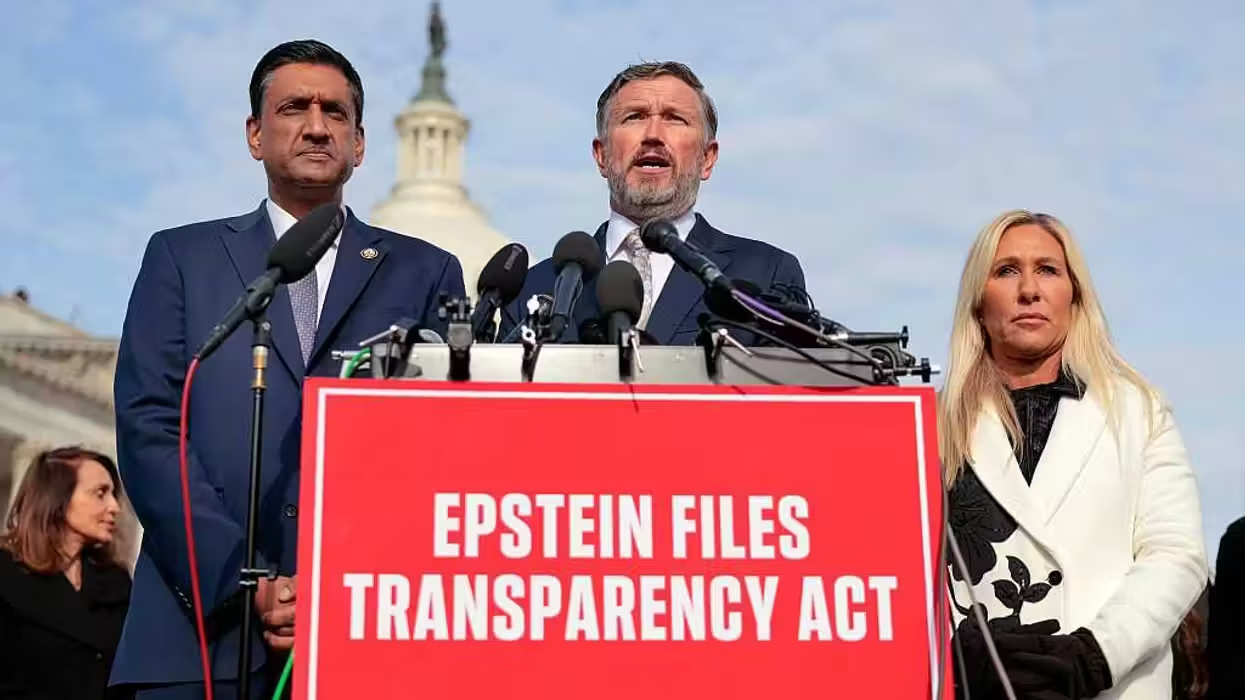© 2025 Blaze Media LLC. All rights reserved.
"Our duty is to protect both market participants and the American public from fraud, manipulation and other abuses."
Trading in commodities futures will be capped under a federal rule adopted Tuesday that seeks to tamp down on speculative trades, which some have blamed for driving up food and gas prices in the past year.
"Today is no doubt the single most significant vote I have taken since becoming a commissioner," said Commissioner Jill Sommers, who voted against the rule, in a recent Bloomber report.
"Not because imposing position limits will fundamentally change the way the U.S. markets operate, but because I believe this agency is setting itself up for an enormous failure," Sommers said.
The Commodity Futures Trading Commission voted 3-2 to approve the rule, which does not take effect until 2012. It was required under the financial regulatory overhaul.
"Our duty is to protect both market participants and the American public from fraud, manipulation and other abuses," Commission Chairman Gary Gensler said in a recent San Francisco Chronicle article.
"Position limits have served since the Commodity Exchange Act passed in 1936 as a tool to curb or prevent excessive speculation that may burden interstate commerce," Gensler said.
Critics say the cap on futures contracts, which lock in prices, will not curb inflation. Liberal critics complain the rule is filled with exemptions that would allow banks and hedge funds to continue speculative trading.
Michael Dunn, a Democrat whose term has already expired, said he would follow the Dodd-Frank financial reform law but blasted the limits as a dangerous distraction from bigger issues, reports Reuters.
"Position limits are a sideshow that has unnecessarily diverted human and fiscal resources away from actions to prevent another financial crisis," said Dunn in the Reuters report. Markets may become riskier and hedging more difficult, he said.
On the other side of the political aisle, Republican critics say too few companies can qualify for the exemptions.
Scott O'Malia, one of five commissioners at the Commodity Futures Trading Commission, opposed the measure, saying the agency had overreached its mandate and echoed the industry's argument that there was no "empirical evidence" to substantiate the rule, writes Reuters.
Under the rule, airlines, agriculture companies and others are exempt from the cap. Those companies buy futures contracts to guard against sharp price swings.
The Associated Press contributed to this story.
Want to leave a tip?
We answer to you. Help keep our content free of advertisers and big tech censorship by leaving a tip today.
Want to join the conversation?
Already a subscriber?
more stories
Sign up for the Blaze newsletter
By signing up, you agree to our Privacy Policy and Terms of Use, and agree to receive content that may sometimes include advertisements. You may opt out at any time.
Related Content
© 2025 Blaze Media LLC. All rights reserved.
Get the stories that matter most delivered directly to your inbox.
By signing up, you agree to our Privacy Policy and Terms of Use, and agree to receive content that may sometimes include advertisements. You may opt out at any time.






